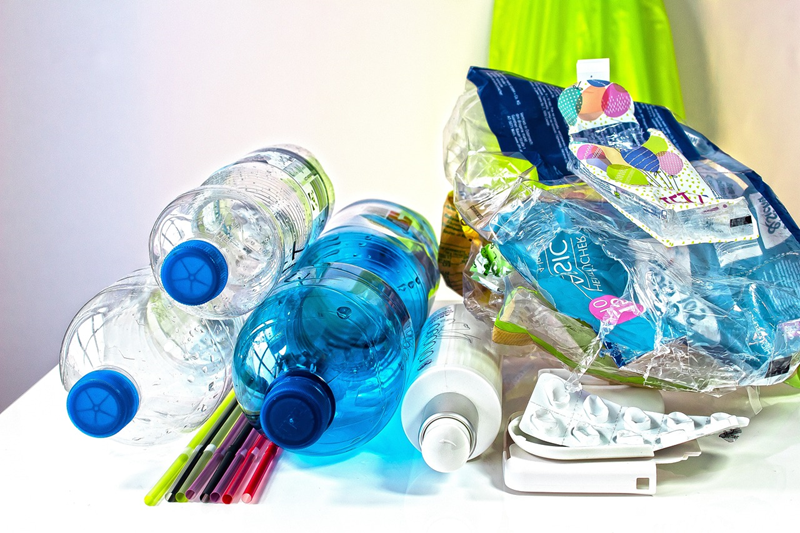The Japanese government said on June 27 that the country will require major manufacturers to use recycled plastics as part of efforts to reduce plastic pollution and promote decarbonization.
Japan plans to force manufacturers to use recycled plastics
The government plans to revise the Act on Promotion of Effective Utilization of Resources as early as next year's regular session of the Diet, and the revisions are expected to require manufacturers to set specific targets and report their results regularly. The Ministry of Economy, Trade and Industry (METI) introduced the plan at an expert meeting, where ways to effectively utilize limited resources were also discussed. Currently in Japan, most plastic waste is "recycled" by burning, a method known as thermal recycling, and the heat generated is used for power generation or other purposes.

However, the European Union considers heat recovery, which emits carbon dioxide, to be energy recovery, not recycling. The other two ways plastics are recycled are physical recycling, where waste plastics are reused as raw materials to make new products, and chemical recycling, where waste plastics are chemically broken down into raw materials to create entirely new products.
Under the current law, manufacturers are not mandated to use recyclable material plastics, they are simply required to make reasonable efforts to do so. With this amendment, the Government is considering introducing a system of issuing recommendations and even imposing fines for poor performance.
Consumers to pay more for using recycled plastics
Plastics are generally difficult to degrade in nature due to their high stability, but once degraded due to the effects of ultraviolet light and ocean waves, they become microplastics, which are considered harmful to marine and aquatic life. If the revised legislation is enacted and comes into force, consumers may have to pay more for plastic products, as the cost of recycling plastics remains high compared to producing them from fossil sources.
And plastics produced from fossil sources are low-cost because they come from the byproducts of oil and coal refining, with the cost being spread evenly across the various stages of the product. Recycled plastics, on the other hand, cost more to collect from thousands of consumers, to sort from the waste stream, and to clean the chain. It's not just recycled plastics, in fact many green products or low-carbon lifestyles require consumers to pay more, such as bio-based and biodegradable plastics.
Plastics have many applications in daily life. According to the Plastic Waste Management Institute (PWMI), Japan's consumption of plastic products reaches 9.1 million tons in 2022, with packaging and containers accounting for the largest share at 44.7%, followed by electronic equipment at 15.4%. The Group of Seven (G7), which includes Japan, has agreed to end additional plastic pollution in member countries by 2040.

